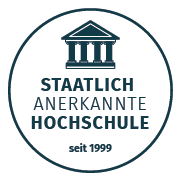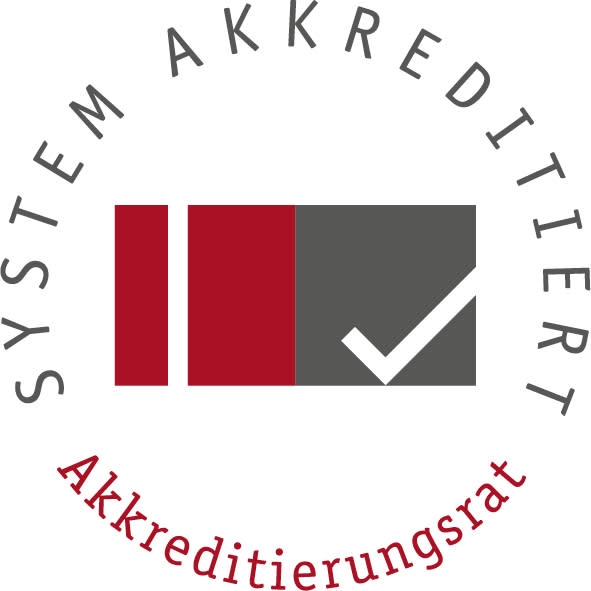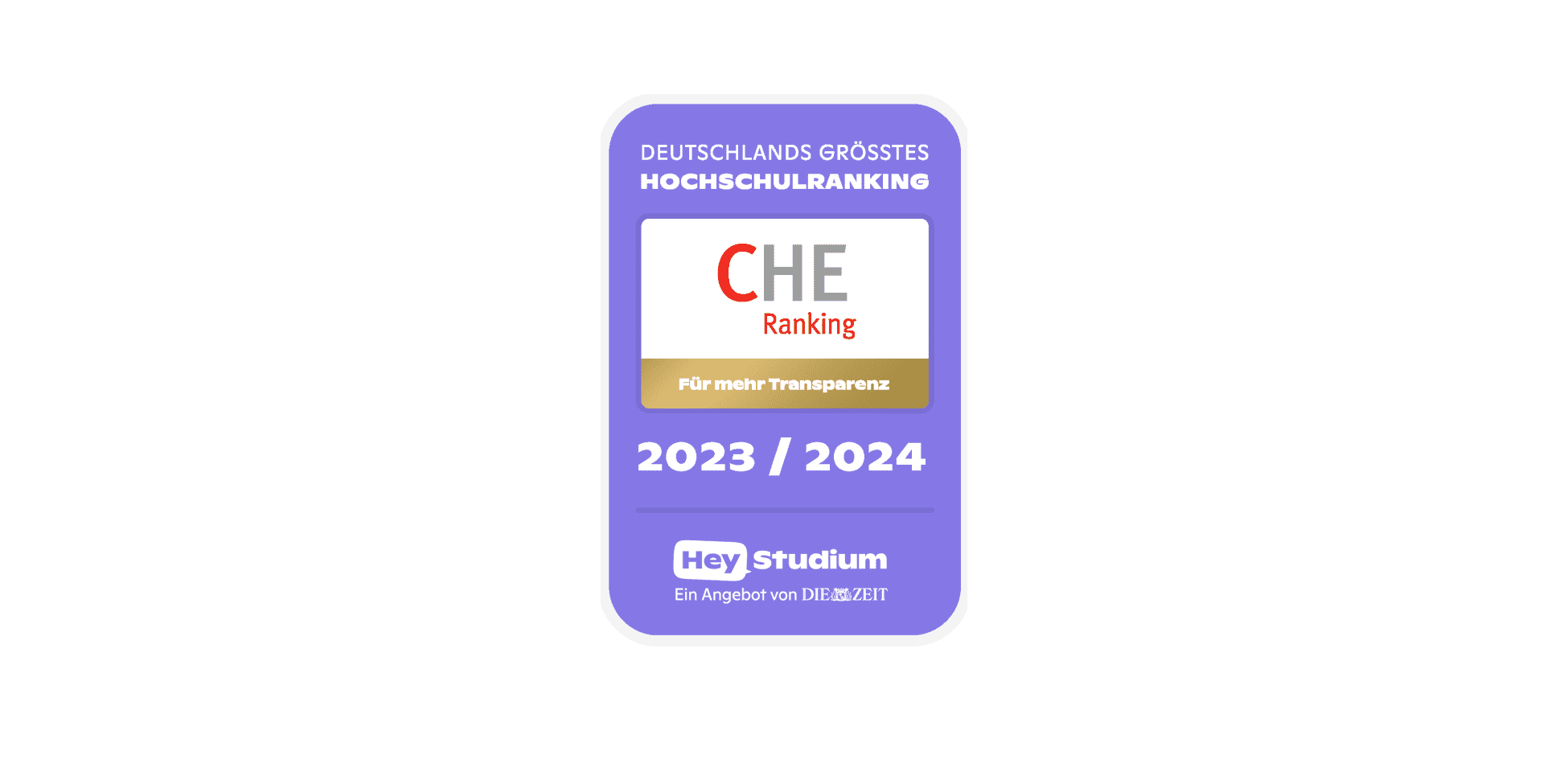What the study is about
Return to work: when going back to an old job is not possible. An in-depth look at the situation of those returning to work. There are many reasons for leaving a job. And the decision to do so is not always voluntary: while many respondents take parental leave to spend more time with their offspring, others look after relatives in need of care or are themselves unable to work due to an illness.
When returning to work, returnees often face challenges, especially if it is impossible to return to their old job. However, many of those surveyed also see the new start as an opportunity for professional reorientation – and are therefore motivated: Almost 9 out of 10 returnees are interested in further professional development. The reasons for this are the desire to work more flexibly – or the chance of a future in new sectors and professions.
Flexibility is the key not only for the job, but also for continuing education. The respondents assign particular importance to flexibility in terms of location, a variable starting time in the morning and the possibility to take days off. But not everyone finds what they are looking for in continuing education: Only a quarter of the respondents have found a suitable continuing education offer so far. Why? The content is perceived as unsuitable, or the offers are not flexible enough for their life situation.
According to the respondents, the most interesting sector for continuing education is health, followed by marketing & communication. And what about the IT sector? One in five people returning to work would like to continue their education in the field of IT and technology. According to Prof. Dr. Alexandra Wuttig, this is a good idea, because the IT sector is clearly a market of the future, also due to the severe shortage of skilled workers. However, many people have prejudices and reservations – especially women. They are often unaware of the jobs and opportunities that lie behind the term "IT".
“It's long past time for a campaign that turns the image of the IT industry around.” – Prof. Dr. Alexandra Wuttig, Chancellor of the IU International University of Applied Sciences
Download study as PDF
Six key insights.
The old job? No longer an option. The previous job is a thing of the past for all respondents. Almost half have been made redundant or have not received a new offer, and more than a quarter have resigned themselves. Why? – Almost two thirds say: their old job and their new family situation were incompatible.
Returning to work as an opportunity. Three quarters of those returning to work see their return as an opportunity to completely or partially reorient themselves professionally. They strive for more flexibility, mobility and self-fulfilment – and their new job must fit their wishes and their current life situation.
The great desire for continuing education. The interest in additional training is high among people returning to work: almost 9 out of 10 respondents are considering further training. They would like to improve their career opportunities, deepen their professional knowledge or promote their personal development.
Continuing education, yes, but make it flexible. The decisive criterion for a CET offer is flexibility. Most of those surveyed would like to be able to organise their continuing education as freely as possible in terms of time and place and prefer online lessons – or an alternation between online and face-to-face lessons.
IT means the future. The IT industry is a real market of the future. It offers great job opportunities, especially for people returning to work: further education in IT is worthwhile. However, the opportunities and professions in the IT sector are still far too unknown. Prof. Dr. Alexandra Wuttig, Chancellor of the IU International University of Applied Sciences, therefore, calls for clarification – and pleads for more women in IT.
Looking forward with confidence. 71.1 % of those returning to work rate their prospects of finding a new job as good. However, some of them would have liked to have prepared earlier and more intensively for their return to work.
About this study
Published on 11.01.2022
Quantitative survey:
n=497 respondents who are on extended parental or care leave and are unable to return to their previous job
· Survey period: 12.02.2021 – 16.02.2021
Qualitative survey:
2 focus groups, each with n=6 participants from different cities in Germany, who have been on a professional break for over one year
Survey period: 09.08.2021
Contact our press team presse@iu.org
or our research team research@iubh.de
What you get for free
Information on study content & electives
Information on career prospects
Information on financing options







